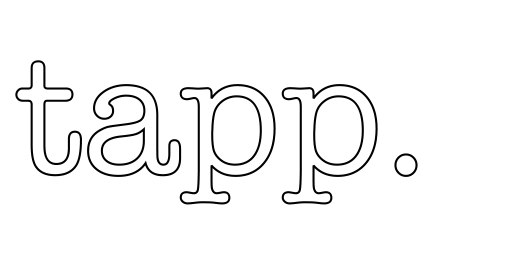On 15 June we offered a workshop on Smart City Architecture (for Architects). We dove deep into the many future systems shaping Amsterdam 2030, 2040 & 2050 goals. The participants came up with some solid solutions how to help transform our future city.
WHY? It’s important to see where architects and planners are today and more importantly, what smart cities could mean for the profession in the future. In order for you download the report, I kindly ask you to provide answers to 10 Questions to gauge where we stand in the industry today.
ARE YOU A SMART CITY ARCHITECT?
Please take this 5 minute survey and see how you compare with other designers, planners and leaders in the smart city scene.
At the end of the survey you will see a “Submit and Download Workshop Results” button. After clicking the button a window will appear with all the handy links.
Results from survey
#1 - As an architect or urban planner, are sensors or smart devices, incorporated in your designs?
For example do you choose suppliers, device types or locations of sensors (air or sound pollution sensors, smart lighting or surveillance cameras) in your projects?
#2 - As an architect or urban planner, do you use open data in your design process?
For example, do you use open data sets from sources like Het Centraal Bureau voor de Statistiek (CBS) Basisregistratie Adressen en Gebouwen (BAG) Handelsregister (HR) en de Basisregistratie kadaster (BRK) etc.
#3 - As an architect or urban planner, do you accommodate upcoming regulations like smart energy or future mobility standards into your design proposals?
For example, do your designs today reflect municipal goals for tomorrow? (In 2030 all cars in Amsterdam centrum need to be electric, and by 2040 all houses and apartments have to be gas fee etc)
#4 - As an architect or urban planner, Have you ever explored how disruptive technologies impact our built environment?
For example, did you ever explore the impacts of Uber, AirBnB and/or recent explosion of flash (bike) deliveries, “Dark Stores” and upcoming drone delivery?”
#5 - As an architect or urban planner of older projects, do you ever re-engage occupants for feedback?
For example, in many industries a product or service owner will approach their customer or clients. Do you ever revised older projects to see how its current occupants are getting along or how your project can be improved?
#6 - As an architect or urban planner, do you use any computational design tools in your design process or building practices?
For example, do you use tools like AI (Artificial Intelligence) or Machine learning analytics, ‘digital-twin’ models, point cloud / lidar scanning, 3D printing in your projects?
#7 - As an architect or urban planner, have you ever tested design solutions in a living lab or public experimentation zone?
For Example, have you ever tested a design solution in a public space to validate technical, environmental or even social expectations?
#8 - As an architect or urban planner, have you ever commissioned a coder, software engineer or data scientist for a project?
For example, have you ever allocate any special R&D budgets to build a website, mobile app, or data vis project?
#9 - As an architect or urban planner, do feel you have a good understanding of the many smart city technologies, trends or markets?
For example, the way we live in cities is changing fast, do architects have a role in urban tech policy making?”


